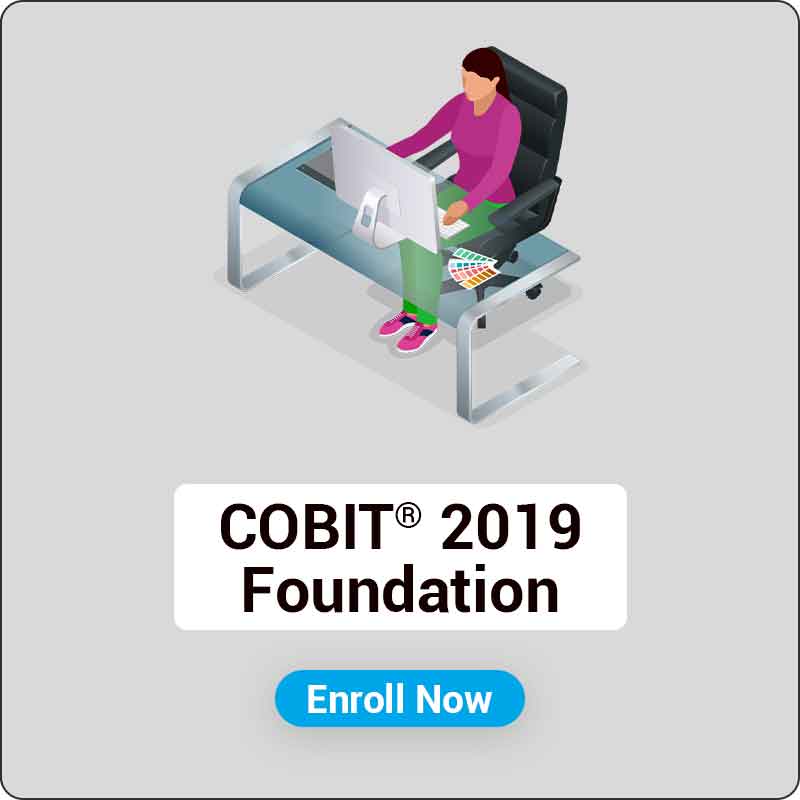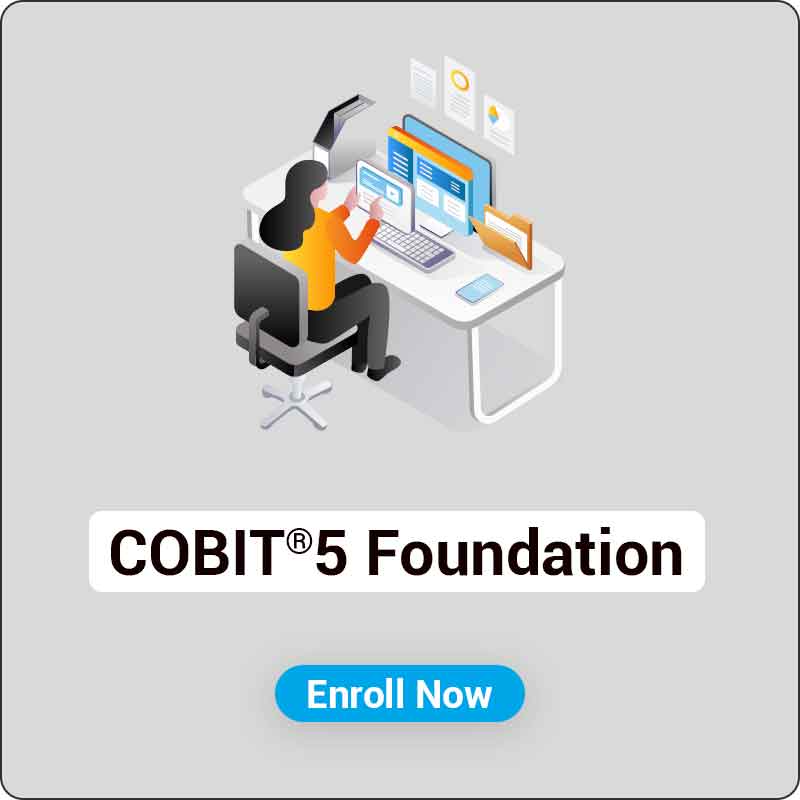CRISC
CRISC CERTIFICATION
CRISC Certification Training Course
CRISC Certification Training Course in Pune
CRISC Certification Training Cours
4.5
853 enrolled on this course
Last updated Dec 2024
.jpg)
CRISC Course Features/USP/Highlights
32 Hours of Instructor Led Training
Certified and Experienced Instructors
Session recording access
Study materials and exam prep questions
CRISC Practice Questions
Target audience of CRISC Course
- IT professionals
- Risk professionals
- Control professionals
- Project managers
- Business analysts.
Prerequisites of CRISC Certification

CRISC Exam and Certification information
The Certified in Risk and Information Systems Control (CRISC) exam consists of 150 questions covering 4 job practice domains, all testing your knowledge and ability on real-life job practices leveraged by expert professionals.
- Duration – 4 hours
- Questions – 150 MCQ type
- Passing score – 450 or above (The exam scores on a scale between 200 and 800)
- Exam Location - The PSI testing location is either a testing center or online remoted proctored.
CRISC Certification Journey

Course Outline
A—ORGANIZATIONAL GOVERNANCE
- Organizational Strategy, Goals, and Objectives
- Organizational Structure, Roles and Responsibilities
- Organizational Culture
- Policies and Standards
- Business Processes
- Organizational Assets
B—RISK GOVERNANCE
- Enterprise Risk Management and Risk Management Framework
- Three Lines of Defense
- Risk Profile
- Risk Appetite and Risk Tolerance
- Legal, Regulatory and Contractual Requirements
- Professional Ethics of Risk Management
A—IT RISK IDENTIFICATION
- Risk Events (e.g., contributing conditions, loss result)
- Threat Modelling and Threat Landscape
- Vulnerability and Control Deficiency Analysis (e.g., root cause analysis)
- Risk Scenario Development
B—IT RISK ANALYSIS AND EVALUATION
- Risk Assessment Concepts, Standards and Frameworks
- Risk Register
- Risk Analysis Methodologies
- Business Impact Analysis
- Inherent and Residual Risk
A—RISK RESPONSE
- Risk Treatment / Risk Response Options
- Risk and Control Ownership
- Third-Party Risk Management
- Issue, Finding and Exception Management
- Management of Emerging Risk
B—CONTROL DESIGN AND IMPLEMENTATION
- Control Types, Standards and Frameworks
- Control Design, Selection and Analysis
- Control Implementation
- Control Testing and Effectiveness Evaluation
C—RISK MONITORING AND REPORTING
- Risk Treatment Plans
- Data Collection, Aggregation, Analysis and Validation
- Risk and Control Monitoring Techniques
- Risk and Control Reporting Techniques (heatmap, scorecards, dashboards)
- Key Performance Indicators
- Key Risk Indicators (KRIs)
- Key Control Indicators (KCIs)
A—INFORMATION TECHNOLOGY PRINCIPLES
- Enterprise Architecture
- IT Operations Management (e.g., change management, IT assets, problems, incidents)
- Project Management
- Disaster Recovery Management (DRM)
- Data Lifecycle Management
- System Development Life Cycle (SDLC)
- Emerging Technologies
B—INFORMATION SECURITY PRINCIPLES
- Information Security Concepts, Frameworks and Standards
- Information Security Awareness Training
- Business Continuity Management
- Data Privacy and Data Protection Principles



.jpg)
.jpg)

Student feedback
Reviews